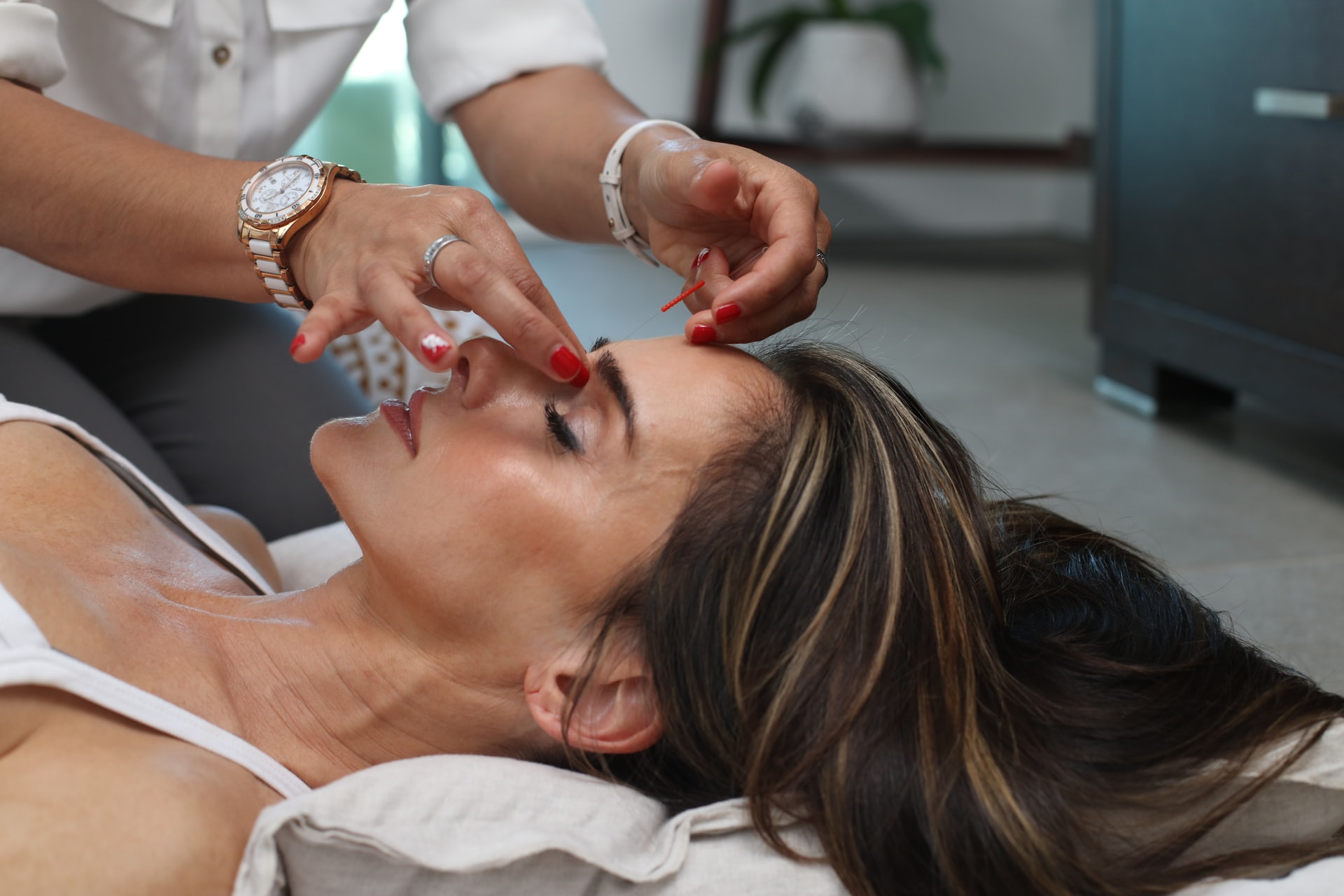Dry eyes are a common yet often misunderstood condition that can cause significant discomfort. Whether you’ve experienced the irritation of tired, scratchy eyes after long hours in front of a screen or maybe you’re dealing with persistent dryness, it’s essential to understand the potential causes, symptoms, and solutions available. At Eastern Therapies, we aim to offer insights into holistic health practices that may potentially help alleviate this issue.
What Causes Dry Eyes?
In short, dry eyes occur when your eyes don’t produce enough tears (or the quality of tears is inadequate) – this can be triggered by several factors, including:
- Environmental factors: Prolonged exposure to wind, smoke, or air conditioning can lead to dry eyes.
- Aging: As we age, tear production naturally decreases.
- Digital eye strain: Staring at screens for long periods without blinking often leads to dry eyes.
- Medications: Certain medications like antihistamines and antidepressants can reduce tear production.
- Underlying health conditions: Autoimmune disorders, such as Sjögren’s syndrome, can also contribute to dry eyes.
Dry Eyes Symptoms
Recognising the symptoms of dry eyes is crucial for timely management – common symptoms include:
- A persistent feeling of dryness or scratchiness
- Redness and irritation
- Sensitivity to light
- Blurred vision or tired eyes
- A persistent sensation that something is stuck in your eye
If left untreated, these symptoms can worsen, potentially leading to inflammation and damage to the eye’s surface.
Holistic Solutions for Dry Eyes
While conventional treatments such as artificial tears and medications are available, many people prefer to seek out natural and holistic alternatives to support eye health. At Eastern Therapies, we believe that addressing the root causes and supporting the body’s natural healing mechanisms can potentially help alleviate various dry eyes symptoms that you might be experiencing.
- Acupuncture is believed to stimulate the body’s natural healing processes, which may improve tear production and relieve dryness. This ancient practice can potentially reduce stress and improve circulation, both of which are essential for overall eye health.
Diet & Nutrition for Dry Eye Management
- Herbal medicine and dietary changes can also play a role. Certain herbs and nutrients are known for supporting eye health and may be integrated into a holistic treatment plan. The eyes often signal underlying systemic issues that require holistic treatment. Nutrients such as vitamins A, C, D, E, and B6, along with magnesium, GLA (gamma-linolenic acid), DHA (docosahexaenoic acid), mucopolysaccharides (complex sugar chains), and turmeric, can potentially help alleviate chronic and severe dry eye symptoms.
- Dry, itchy eyes frequently correlate with broader health concerns, including dryness in other mucous membranes, brittle nails, and discomfort in joint surfaces. This condition may indicate digestive imbalances or, in some cases, be an early marker of autoimmune diseases like Sjögren’s syndrome, rheumatoid arthritis, or lupus erythematosus.
Supplementation:
Research-backed nutrients, including omega-3 fatty acids and vitamin D, can help alleviate dry eye symptoms. Studies show that high intake of omega-3s can significantly improve markers like tear osmolarity, tear break-up time, and inflammation associated with dry eye syndrome.
Eye Drops: Homeopathic eye drops tailored for dry eyes can be effective, with specific formulations available for both women and men.
Dietary Recommendations:
- Increase green leafy vegetables for their beneficial nutrients and anti-inflammatory properties.
- Avoid sugar and artificial sweeteners, as excess sugar can lead to unutilized glucose in the eyes and contribute to dry eye symptoms. Studies link daily sugar intake over 11 teaspoons with increased risk of dry eye; processed foods, cereals, ketchup, and salad dressings are common hidden sugar sources.
- Limit harmful fats found in commercial red meats, dairy, fried foods, and synthetic fats. These interfere with the metabolism of essential fatty acids, indirectly contributing to dry eyes.
- Probiotics: Since gut health can impact eye health, especially when inflammation is a factor, consider a high-quality probiotic, particularly if you’ve recently taken antibiotics. A balanced gut microbiome may help reduce systemic inflammation linked to dry eyes.
- Hydration and Juicing: Drink 8-10 glasses of water daily to stay hydrated. Juicing can provide nutrients in an easily absorbable form—consider specific recipes for dry eye support.
- Avoid Allergenic Foods: Identify any food sensitivities by eliminating specific food groups (e.g., nightshades, milk, wheat, corn) for a week and observing any changes, or seek allergy testing for clarity.
- Eye Drop Caution: Avoid “get the red out” drops, as these can reduce circulation and moisture production, potentially worsening dry eye symptoms.
Take the next step with Eastern Therapies
Although we can’t make any direct claims about the efficacy of acupuncture or other therapies for curing dry eyes, many clients have reported improvements in their overall wellbeing after trying our holistic treatments. By addressing the whole body, we aim to support your health naturally, potentially reducing the discomfort associated with dry eyes in the process.
If you’re experiencing dry eyes symptoms and are interested in exploring natural health remedies, the team at Eastern Therapies is here to guide you through a holistic approach tailored to your individual needs. For more information on our services and how they may help alleviate discomfort, reach out to us today.




